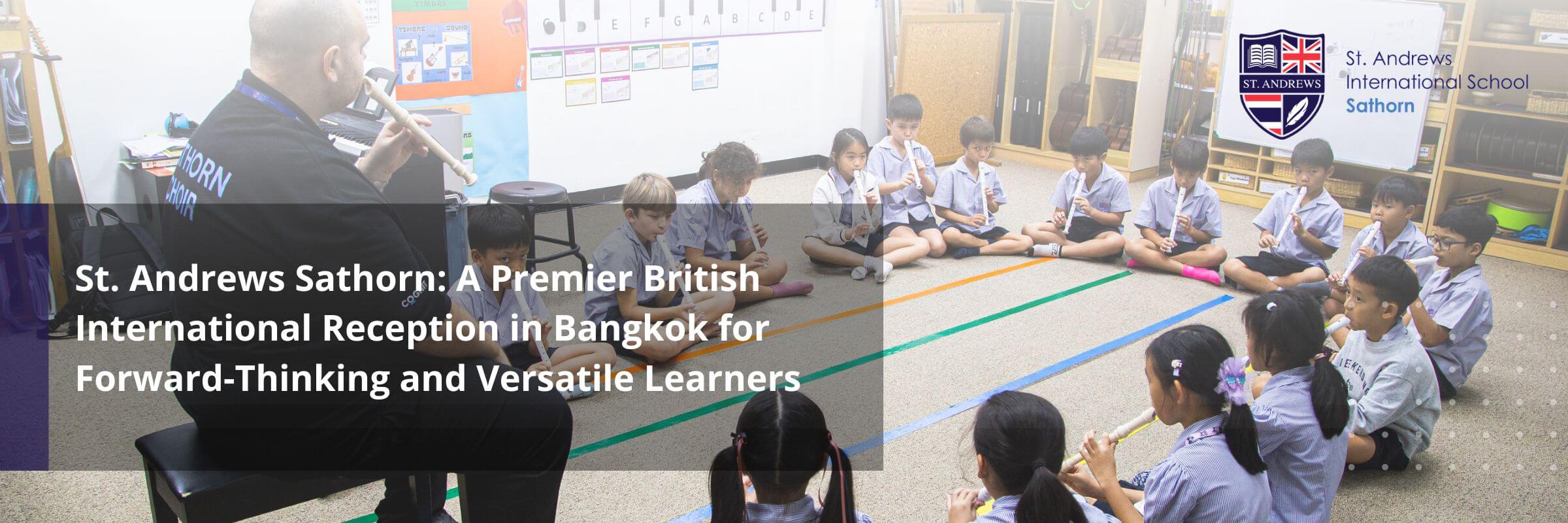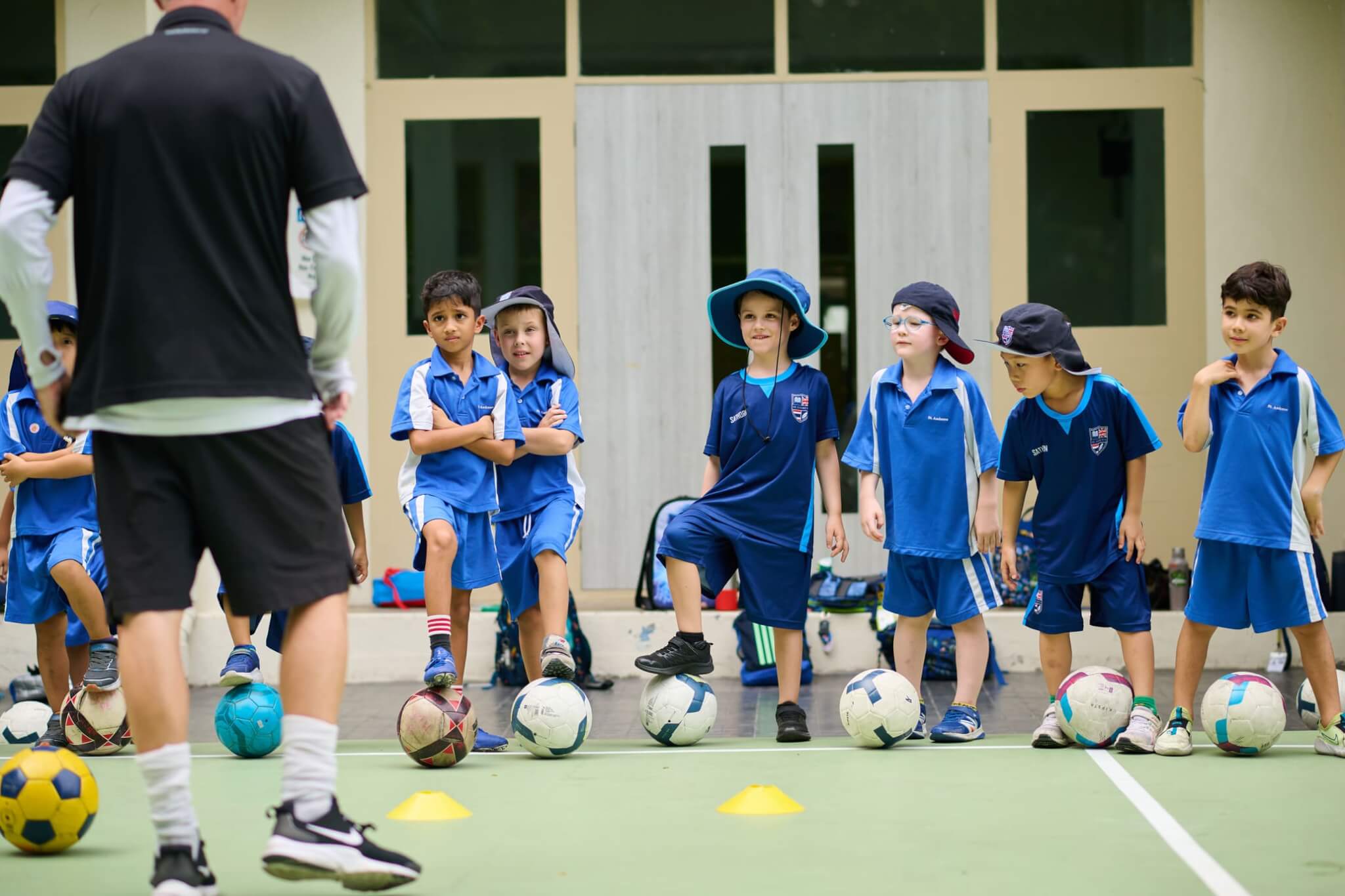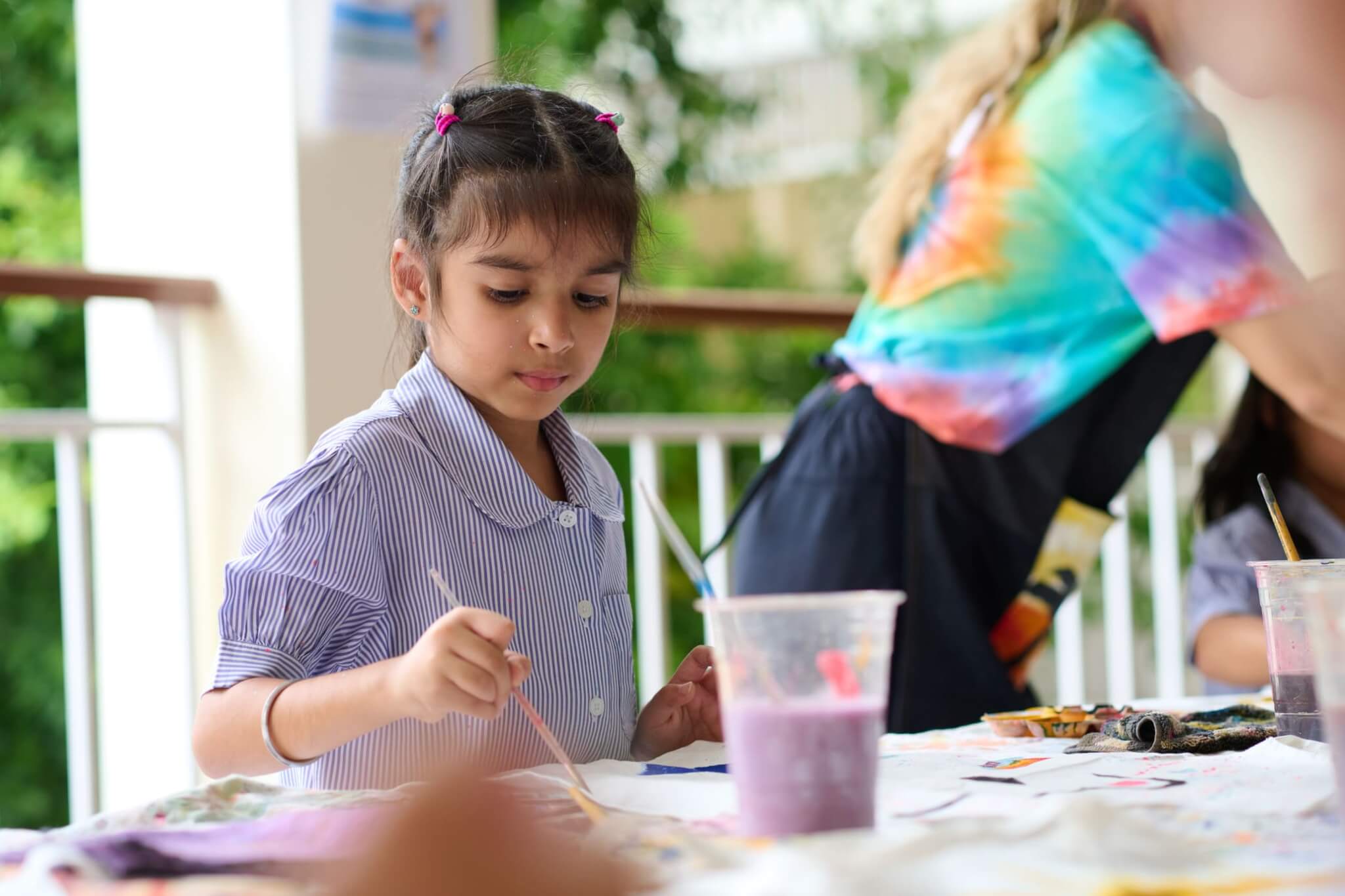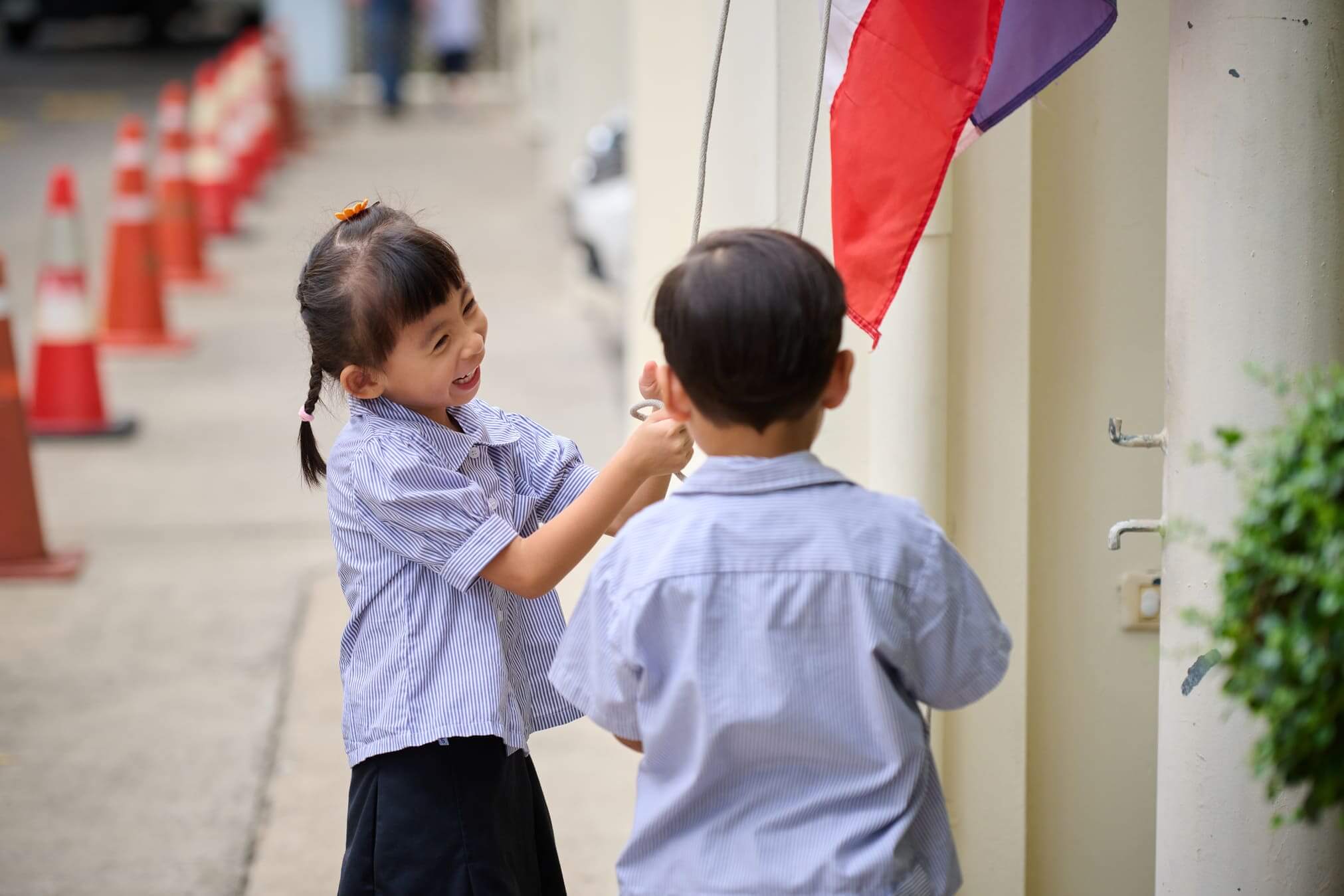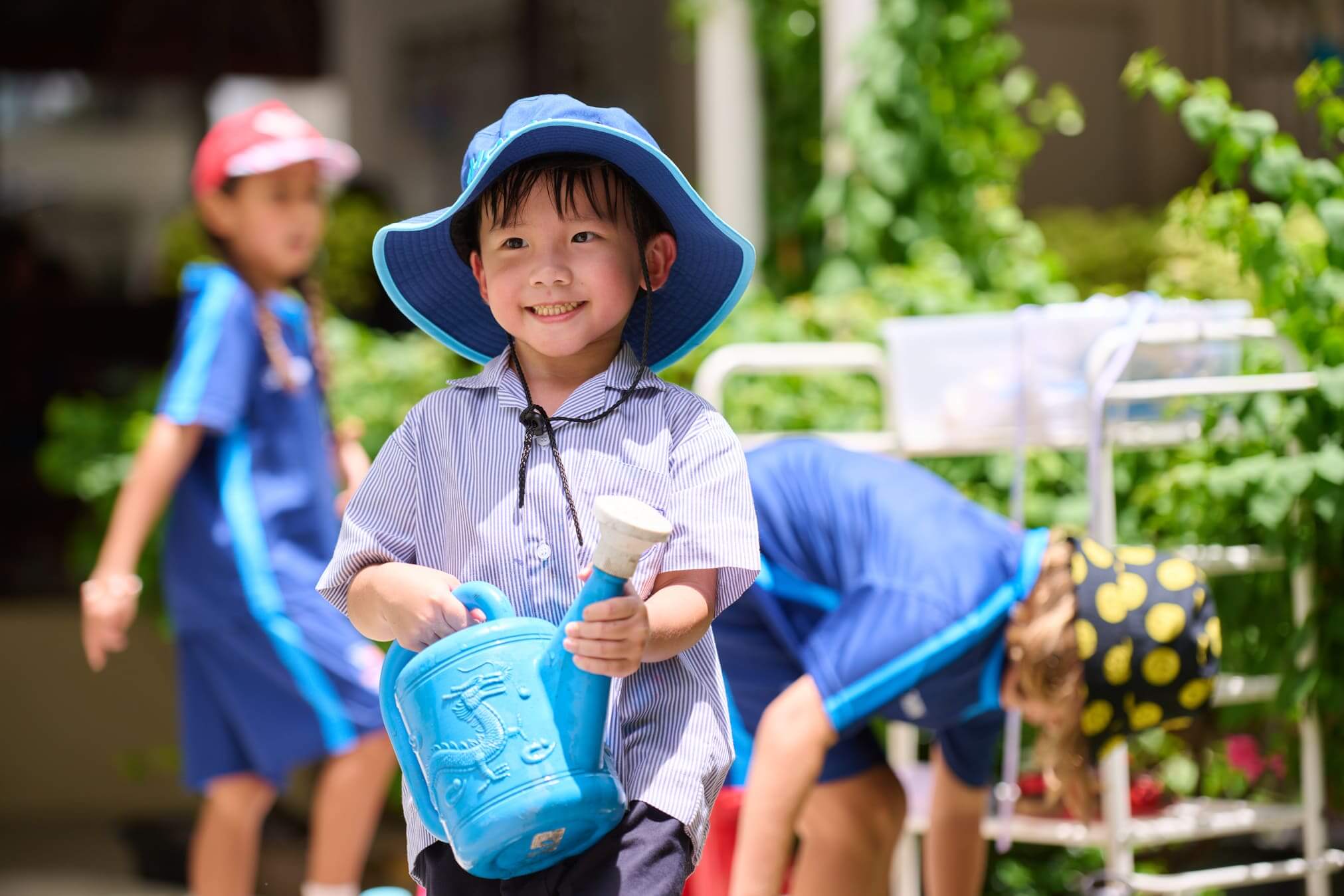Nestled in Bangkok’s bustling central business district, St. Andrews International School, Sathorn is a world-class international school that offers the most comprehensive British Reception programme in Thailand. With its holistic and community-centred approach to education, local and expatriate families trust this learning institution to nurture their children into becoming top-achieving individuals.
Accessibly situated on Sathorn Road, St. Andrews International School, Sathorn (or St. Andrews Sathorn for short) is a short walking distance away from Silom Road’s BTS Sala Daeng station. So, apart from its top-notch curriculum, the school’s proximity to the business district, where many parents consider their place of work, makes St. Andrews Sathorn the standout choice for those seeking the best Reception in Bangkok.

